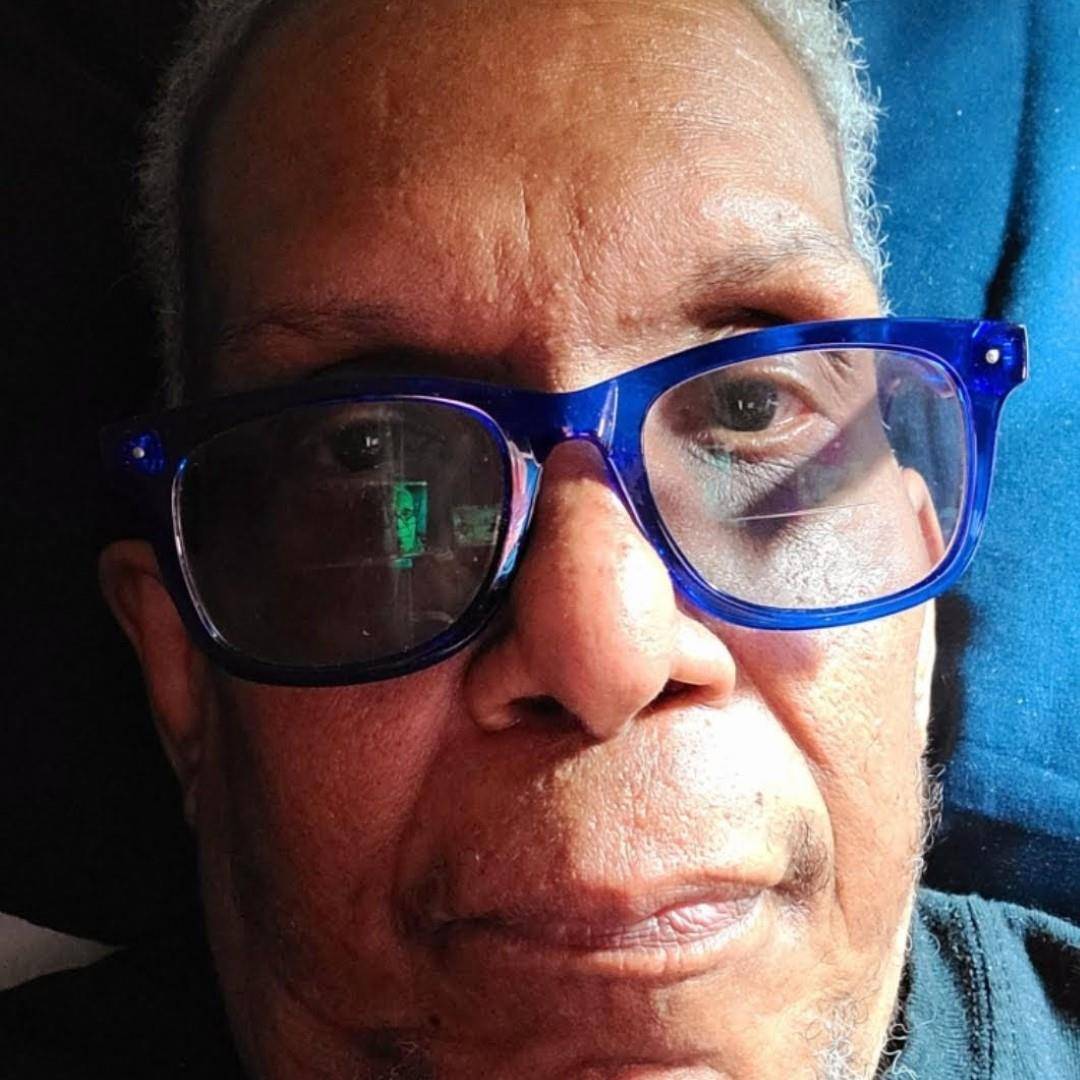Understanding WEB3
Web3 refers to the next generation of the internet, where decentralized protocols and blockchain technology are leveraged to create a more open, transparent, and user-centric web experience. Unlike Web2, which is dominated by centralized platforms like social media networks and streaming services, Web3 aims to give users more control over their data and interactions online.
Blockchain and Smart Contracts: At the core of Web3 is blockchain technology, which enables the secure and transparent recording of transactions and data. Smart contracts, which are self-executing contracts with the terms of the agreement directly written into code, allow for automated and trustless transactions. For musicians, this means they can create smart contracts to manage royalties, ticket sales, merchandise purchases, and more, without the need for intermediaries.
Tokenization and Fan Engagement: Web3 enables the tokenization of digital assets, including music, concert tickets, and exclusive content. By issuing digital tokens on blockchain platforms, musicians can offer fans unique experiences, such as access to virtual concerts, backstage passes, or voting rights in decision-making processes. These tokens can also appreciate in value over time, providing additional revenue streams for artists and fans alike.
Decentralized Streaming Platforms: Traditional streaming platforms often take a significant portion of the revenue generated by artists' music. Web3 offers the potential for decentralized streaming platforms where artists are paid directly and fairly based on the consumption of their content. These platforms can also incorporate features like micropayments, allowing fans to support their favorite artists in real-time.
NFTs (Non-Fungible Tokens): NFTs are unique digital assets that represent ownership or proof of authenticity of a particular item, such as artwork, music, or collectibles. Musicians can tokenize their music as NFTs, allowing fans to purchase exclusive rights to songs, albums, or even personalized experiences. NFTs can create new revenue streams for artists and provide fans with a more intimate connection to their favorite music.
Community Building and DAOs: Web3 facilitates the creation of decentralized autonomous organizations (DAOs), which are community-driven entities governed by smart contracts and token holders. Musicians can establish DAOs to involve their fans in decision-making processes, crowdfunding projects, or organizing events. This decentralized approach fosters greater fan engagement and loyalty while providing artists with direct support from their audience.
By leveraging Web3 technologies like blockchain, smart contracts, NFTs, and decentralized platforms, musicians can unlock new opportunities for monetization, fan engagement, and creative expression. As someone with experience in both the computer and music industries, you're well-positioned to explore and pioneer the intersection of these fields in the Web3 era.

About Dwight Miller
With a dynamic career spanning the realms of technology and music, I've established myself as a pioneering entrepreneur at the intersection of innovation and creativity.
Beginning in the computer industry, I honed my skills as a computer engineer and educator, notably training engineers at Cape Canaveral and immersing myself in the cutting-edge world of technology. Transitioning to the music industry, I co-founded PKB Arts & Entertainment, producing iconic events such as the St. Lucia Jazz Festival and collaborating with legendary artists including Carlos Santana, Luther Vandross, and Patti Labelle.
Amidst the challenges of the pandemic, I delved into blockchain technology, aiming to revolutionize the music industry by empowering musicians through Web3 technology. My vision is to create a more equitable and sustainable music ecosystem, where artists thrive and technology serves as a catalyst for positive change. As I continue to navigate the ever-evolving landscape of entrepreneurship, I remain committed to driving progress and leaving a lasting impact on both industries.
